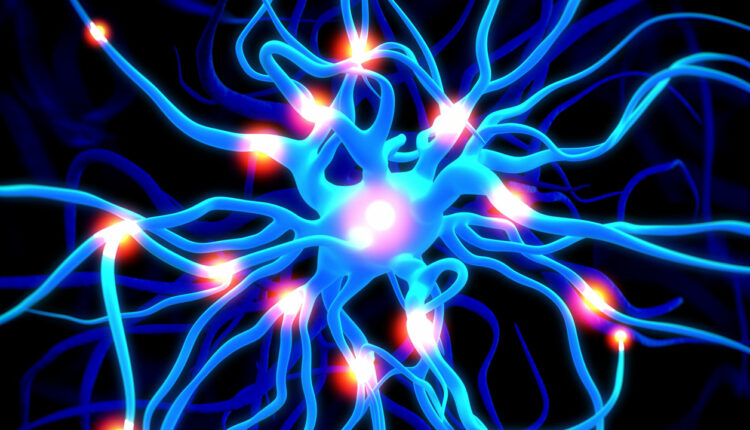
Association Between Tooth Loss and Cognitive Decline Is Explored
The study published in npj Aging investigated the intricate relationship between tooth loss, dietary patterns, and cognitive decline, particularly focusing on their neurological implications. Previous research established a connection between tooth loss and cognitive decline, prompting this investigation into specific brain regions affected and underlying mechanisms. The study, conducted in Japan, examined 919 older adults, integrating detailed dietary assessments, dental examinations, cognitive analysis, and magnetic resonance imaging. While tooth loss itself wasn’t significantly associated with cognitive impairment, reduced hippocampal volume and increased white matter hypointensity were noted in dementia and mild cognitive impairment (MCI) groups. Distinct regional brain volume reductions were observed in MCI and dementia groups, notably affecting areas associated with memory and sensory processing. Individuals with fewer natural teeth exhibited smaller brain volumes and increased WMH, characteristics of dementia. The study suggests that periodontal ligament loss may contribute to brain atrophy, impacting sensory information transmission. Additionally, diminished enjoyment of food due to tooth loss may reduce stimulation of memory-related brain regions. Notably, tooth loss correlated with dietary shifts towards processed foods, potentially exacerbating cognitive decline through inflammation and vascular dysfunction. While causality couldn’t be established, the findings emphasize the importance of maintaining oral health and balanced diets to mitigate cognitive decline risks. Click here to read more.

